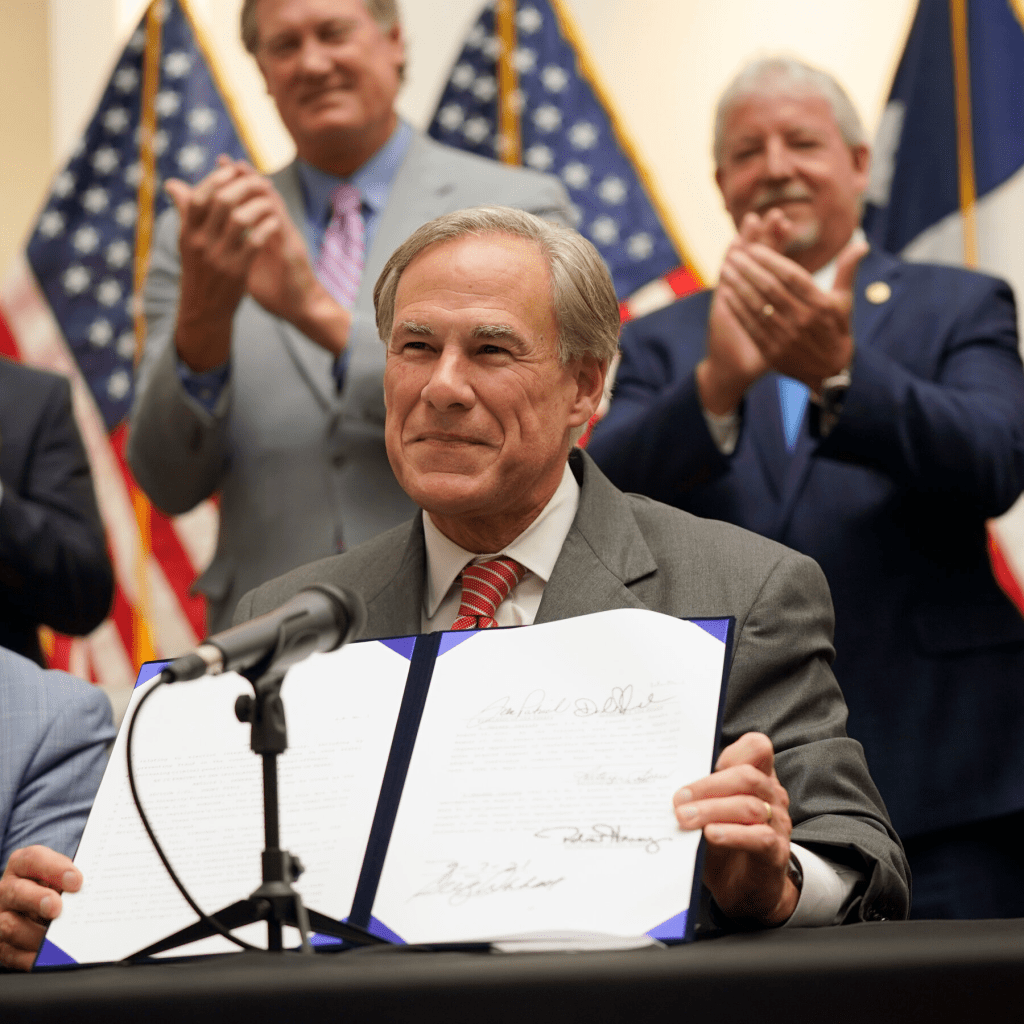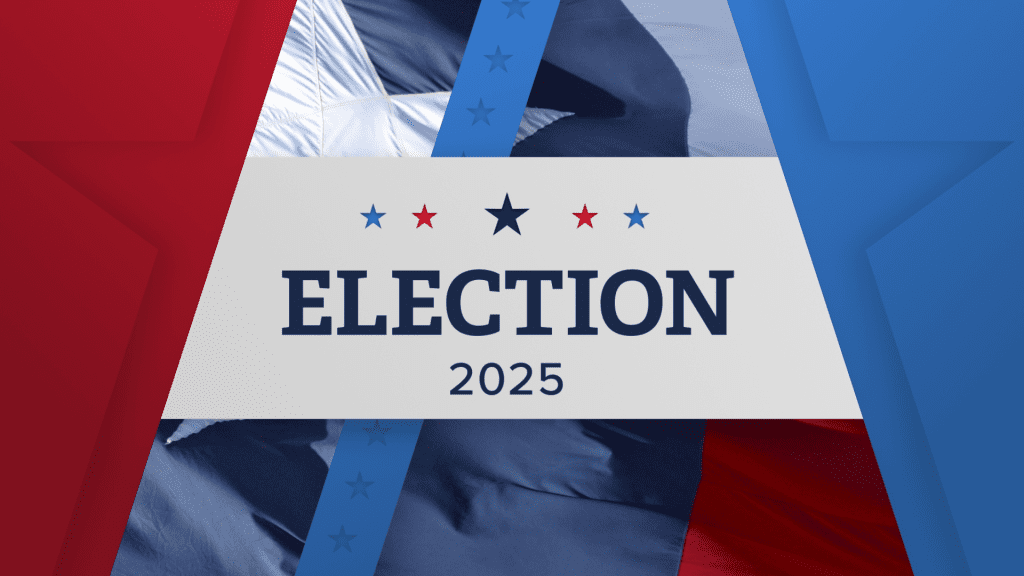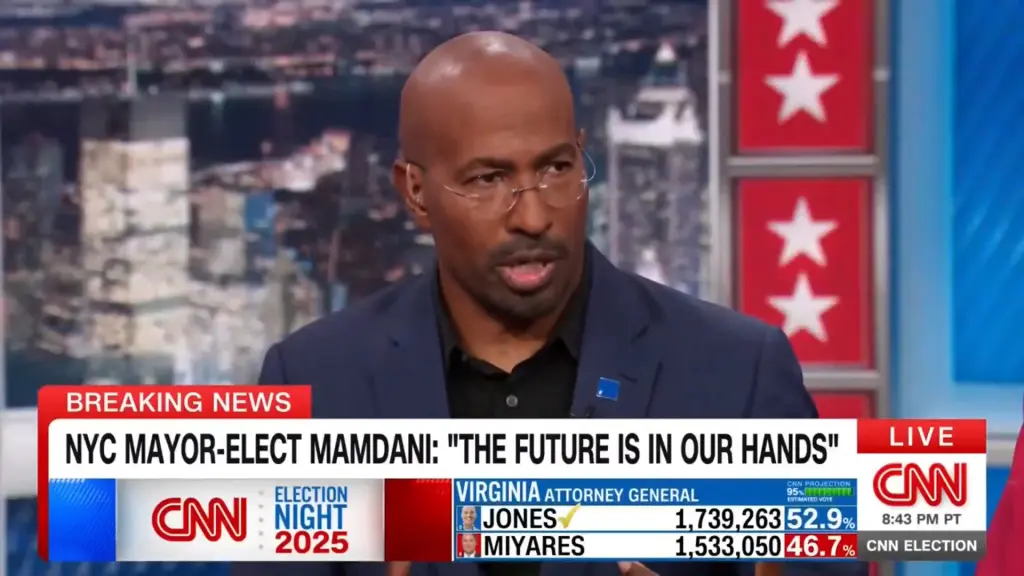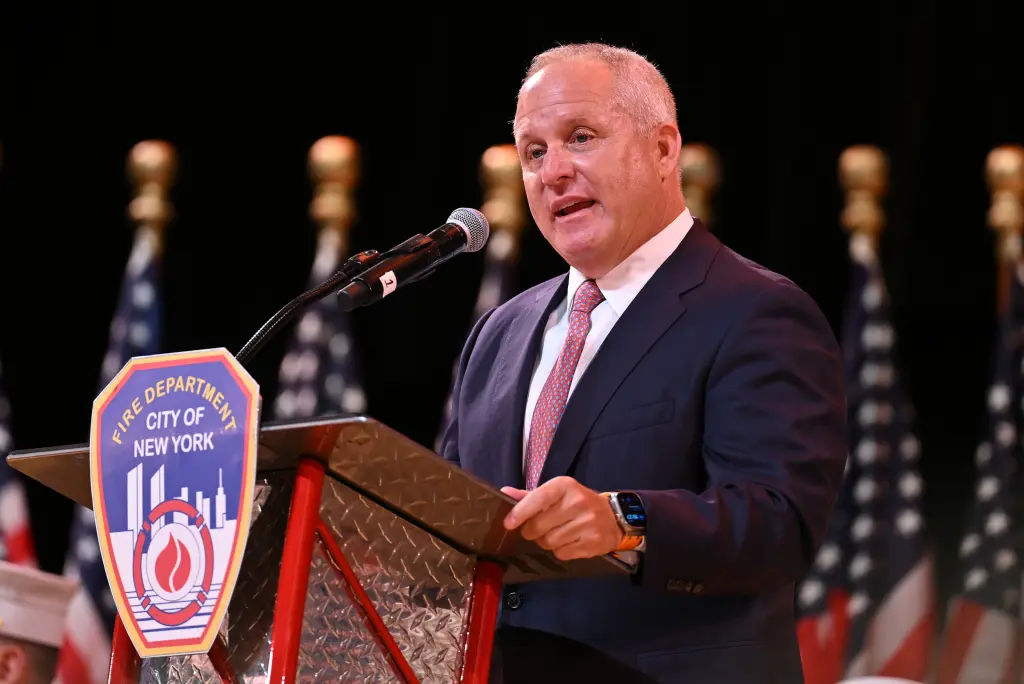In a Powerful Show of Voter Confidence, Texans Amend Their Constitution to Say Only U.S. Citizens Can Cast a Ballot
In the election marked by hot-stakes politics and hypercharged media coverage, one measure quietly slipped through in Texas that could reshape how voters view election eligibility across America. On November 4, 2025, Texas voters approved a constitutional amendment declaring explicitly that only United States citizens may vote in state and local elections. While some might say the change simply formalizes existing law, its passage sends a bold message: the Lone Star State is staking a firm claim in the battle over election integrity and voter confidence.

The journey toward that vote began months earlier. State lawmakers introduced Senate Joint Resolution 37, the constitutional amendment specifying that persons who are not U.S. citizens are barred from voting in Texas elections. Under existing statute, U.S. citizenship is already required for registration; yet the statute did not explicitly appear in the Texas Constitution. The resolution sailed through the Republican-controlled legislature, then landed on the November ballot as Proposition 16. With the question before Texans, voters faced a seemingly simple choice—but one laden with broader symbolism.

When the final tally rolled in, the Associated Press called the measure’s passage. Texas Secretary of State materials confirm that the amendment will join the Texas Constitution, embedding the citizenship requirement at the highest level of state law. For Governor Greg Abbott and his fellow Republicans, it was a triumph of principle. As Abbott declared in a statement, “It is now in our Constitution that only U.S. citizens can vote in Texas elections.” That line resonated with supporters who view the amendment as reinforcing the rule of law and safeguarding democratic processes.
But though the wording is straightforward, the surrounding context is complex. Critics argue the amendment tackles a problem that laws already address—non-citizen voting is prohibited under federal law, and Texas statute already requires citizenship verification for voter registration. Some election-rights observers worry the measure may stoke division or inflate fears of widespread fraud where little evidence exists. Editorial voices suggested Proposition 16 is unnecessary and potentially symbolic rather than substantive.

Beyond the legal semantics, the timing is significant. The 89th Texas Legislature placed the amendment on the ballot amid a wave of national discussion about election integrity, voter ID laws, and partisan debates over registration. While Texas has long required voter ID, some conservatives and former President Donald Trump’s allies say the new amendment adds another layer of protection—even if its practical effect is limited. For Republicans in Texas, the approval offers a morale boost after recent electoral challenges and signals continued momentum in red-state election reform.
Voters, meanwhile, understood the question on the ballot as more than a checkbox. It became a referendum on voter trust, on the meaning of state sovereignty, and on whether Texans see their elections as secure. For many who supported the amendment, the idea of making citizenship a constitutional requirement is reassuring: a clear, unambiguous rule that cannot be easily changed without another vote. For those opposed, it raises red flags about the message it sends to new Americans and the nuances in how elections are administered.
Implementation of the amendment is expected to move smoothly, since the underlying citizenship requirement is already in place. Election officials will continue to verify citizenship through registration processes and documentation such as driver’s licenses, Social Security numbers, and other records. The change does not immediately impose new paperwork or bar current eligible voters—but it locks the policy in the constitutional ledger. Some local governments may update their voter-information materials, and election officials may incur minor administrative costs to reflect the amendment. But overall, election administration is unlikely to be disrupted.

One question remains: why now? One theory posits that conservatives in Texas saw an opportunity to cement their election-integrity credentials ahead of future statewide and national races. With Texas already a key battleground for Republicans, the amendment sends a message to donors, activists, and national observers that the state remains at the forefront when election rules are on the line. By winning this amendment, Texas may encourage sister states to pursue similar language and bolster a broader movement focused on citizenship verification.
For Democrats and voting-rights advocates, the result poses a challenge. While they accept that citizenship is legally required, they caution that focusing on this amendment may distract from other issues such as access to voting, early-voting protections, and ballot-drop-box availability. They argue the spotlight on citizenship alone could overshadow deeper reforms needed to promote participation among marginalized communities.
Still, in the streets, the reaction was largely celebratory among supporters. In Austin and Houston, campaign rallies for the amendment drew residents who felt a renewed sense of purpose and ownership over the ballot box. Some older Texans noted they felt proud that the requirement was now entrenched in their state’s constitution. Others expressed relief that what they viewed as simple common sense became a visible certainty.
In sum, the passage of Texas’s citizenship requirement amendment is more than legal housekeeping. It reflects the state’s enduring culture of self-determination and the conservative desire to codify protections seen as foundational. Whether the change becomes a model for other states, or remains a symbolic marker of a broader trend, the moment is clearly a statement from Texas: election eligibility matters, citizenship matters, and voters have spoken.



